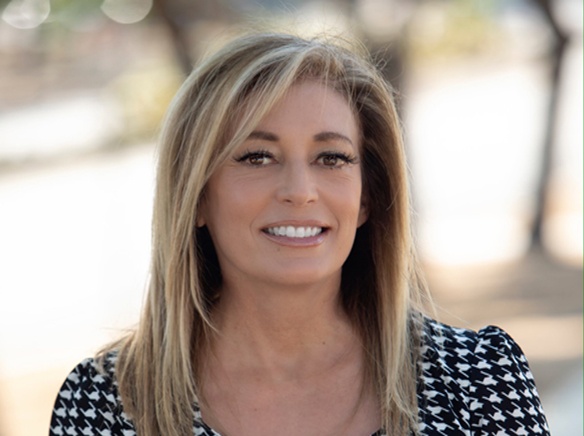In 1967, many state hospitals serving persons with mental illnesses were closed, but local programs to address their needs were inadequate. In 1991, oversight of mental healthcare was placed under county control, but by 2004 it was evident that this realignment hadn’t improved the situation. In 2004 voters approved Proposition 63, the California Mental Health Services Act (MHSA). The MHSA focuses on developing programs aimed at prevention and early intervention, housing, supported employment, as well as training mental health professionals, along with technology and infrastructure for community mental healthcare systems. California’s mental health needs are staggering, but the MHSA hasn’t been significantly changed in 20 years. In 2022 the California Mental HealthCare Foundation reported that almost one in seven adults (about 4.4 million people) and one in 14 children (about 621,000) are experiencing some form of mental illness. And one in 26 adults and one in 14 children have trouble functioning in their daily activities. Needed updates include expansion of services for those with substance use disorders (SUDs), allowing MHSA funds to pay for SUD treatments, added resources for housing, and additional community support for prevention and early intervention. MHSA is overseen by a 16 member commission, including representatives from law enforcement, education, the Legislature, family members of persons with severe mental illness, business and others. MHSA funding, financed by a 1% tax on personal incomes over $1 million, provides 30% of California’s public mental healthcare budget. Over the years, about $31 billion has been generated. I have long advocated expanded access to mental health treatments. Getting a handle on mental health, including SUDs, will be a big factor in controlling homelessness and crime. As Vice Chair of the Assembly Health Committee, and as a member of the Select Committees on California’s Mental Health Crisis and on Fentanyl, Opioid Addiction and Overdose Prevention, my efforts will continue. For more information on San Diego County’s MHSA programs, please click: here For an electronic version of this article, please visit: https:// ad75.asmrc.org/ Assemblymember Marie Waldron, RValley Center, represents the 75th Assembly District in the California Legislature, which includes most of rural eastern and northern San Diego County.













